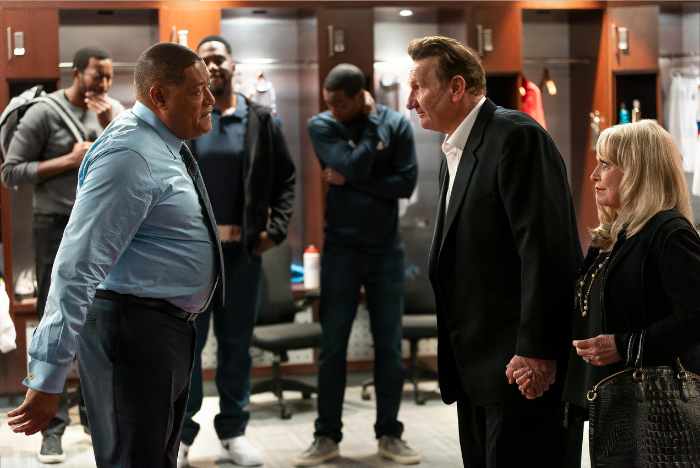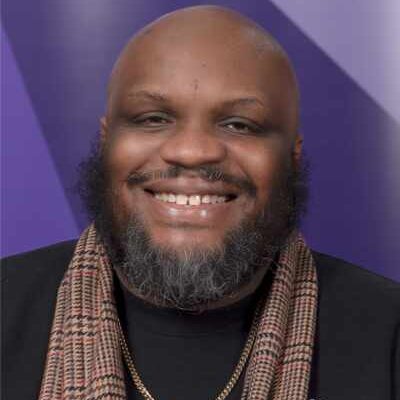by Evan F. Moore
When the smoke clears—and a sufficient amount of time has passed—after a sports figure is linked to a terrible act, who decides the measure of accountability?
Seems like the sports figure and their handlers make the call.
What if there’s no apology to speak of, and we’re back to our regularly scheduled program?
And, perhaps most importantly, how does a great apology land with the people who’ve been most affected by someone’s negative actions?
It appears that nothing changes.
Earlier this month, the NHL reinstated coach Joel Quenneville and executives Stan Bowman and Al MacIsaac for their roles amid the fallout regarding the Chicago Blackhawks sexual assault scandal. Amid the aftermath of this disgrace, Quenneville and Bowman have reportedly been linked to NHL coaching and front office jobs.
One would think that covering up a sexual assault of a player by a coach and then engraving said coach’s name on the Stanley Cup (the coach’s name was later removed), and that coach moving on to another team to engage in similar behavior causing shame and embarrassment to the NHL and the Blackhawks, would warrant permanent s–tcanning.
Nope.
The NHL said in part:
“While it is clear that, at the time, their responses were unacceptable, each of these three individuals … has acknowledged that and used his time away from the game to engage in activities which not only demonstrate sincere remorse for what happened, but also evidence greater awareness of the responsibilities that all NHL personnel have, particularly personnel who are in positions of leadership.”
I’m pretty sure Quenneville, Bowman and MacIsaac are aware they messed up horribly. However, I haven’t heard of any apology to the person the aforementioned disgraced Blackhawks staff members hurt the most with their actions: Kyle Beach.
I also didn’t hear them say how they’d utilize their platforms to curb toxic behavior in the sport.
Speaking of s—ty behavior being put on blast, the Hulu TV series, “Clipped,” recently wrapped up.

Laurence Fishburne as Doc Rivers, Ed O’Neill as Donald Sterling, and Jacki Weaver as Shelly Sterling in Clipped (Photo Credit: IMDB).
The series detailed the fallout regarding then-Clippers owner Donald Sterling’s racist thoughts on Black people despite being a franchise owner of a league where most of the players are of African descent.
Folks in the know were aware that Sterling ran the Clippers as if the franchise was a clown college. The team was the longtime butt of jokes and ridicule due to their lack of success and proximity to the winning tradition of their Los Angeles basketball counterparts, the Lakers. Also, Sterling was sued by the U.S. Justice Department for refusing to lease his Beverly Hills apartments to Black people (the case was settled in 2009, with the then-embattled Clippers owner agreeing to pay nearly $3 million but continuing to deny the accusations).
Think about it.
Did Sterling get in any real trouble, or, as we say these days, canceled?
Nope.
He still has generational wealth, and made $2 billion on the sale of the team (Sterling bought the Clippers in 1981 for $13 million).
Also, Sterling couldn’t have been the only NBA owner who thinks the way he does. There’s plenty of people in the sport and business sector post-Donald Trump’s election who are loud and proud regarding their discrimination against marginalized people.
UFC hasn’t missed a beat since 2023 footage surfaced of its president, Dana White engaging in a physical altercation with his wife. Plenty of folks called out the hypocrisy when they saw the lack of action regarding accountability for White, the UFC’s brash and bombastic leader.
In June of 2024, White told Club Shay Shay host Shannon Sharpe how he reflects on the altercation and the media coverage of said altercation saying:
“Everybody else can go f–k themselves, OK. It had nothing to do with them. It was about my family. That’s what’s important,” White told the popular podcast.
“The people who know me and know her [his wife], they know us and we’re fine. It was my kids. That was something personal between me and my family.”
White forgot to mention that he’s a public figure who made his personal life public.
As I said before, society moves on and White’s pockets aren’t affected.
When sports figures are caught exhibiting bad behavior what are we expecting to happen?
See them ridiculed for a few weeks?
Probably.
How about some sort of tangible accountability?
Sounds good to me.
What does society actually get?
Temporary outrage.
What these folks get to do is a privilege that shouldn’t be taken lightly. Knowing that Sterling, White, and their ilk won’t get in any real trouble is a nice mindstate—for them—to have.
As for the rest of us, we deal with the game being rigged.

Evan F. Moore is a South Side Chicago-based writer. He’s the co-author of the critically-acclaimed book, “Game Misconduct: Hockey’s Toxic Culture and How to Fix It.” His work over time, which consists of the topics at the intersection of sports, race, entertainment and culture, is featured in the Chicago Sun-Times, Rolling Stone, Chicago Magazine, South Side Weekly, Bleacher Report, Chicago Reader, and ESPN’s Andscape (formerly The Undefeated). His writing, which has garnered several awards, was featured in the 2019 edition of The Best American Sports Writing book series. Evan is an adjunct community journalism professor at DePaul University.
This article originally appeared in the Chicago Defender
Sports Figures Who Engage In Terrible Behavior Often Find Ways to Fall Up